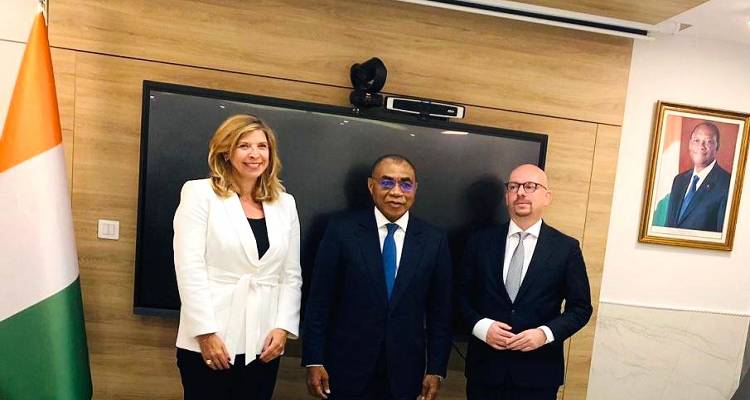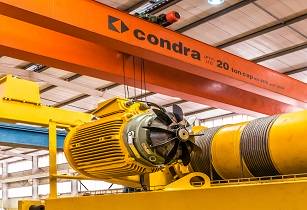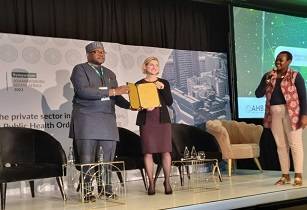The World Bank have approved funds worth US$55.2mn from the International Development Association (IDA) to support the Kandadji Project in Niger
The Kandadji Project is a phase of the Niger Basin Water Resources Development and Sustainable Ecosystems Management Program. This programme is designed to improve regional development, sustainability and cooperation of water resources on the Niger Basin, stated World Bank authorities.
Reports added that frequent flooding and droughts have threated food security in this impoverished region. The project would include the Kandadji Dam, hydropower plant and transmission line. It will also support community-based local development activities for resettled citizens, long-term development of facilities to supply irrigation water to 450mn square metres in Niger Valley and measures to establish an agri-business growth pole for increasing incomes and trade.
Jamal Saghir, director of the World Bank for sustainable development, said, “The Kandadji Project will deliver clean, low-cost hydropower and optimise development impact for Niger and the entire Niger River Basin. The project’s focus on securing a new source of renewable electricity will boost access to social services, improve health and education, and help establish new economic opportunities needed to end poverty and boost shared prosperity in Niger and beyond.”
World Bank added that the IDA has increased its financing from US$203mn to US$258mn.
Paul Noumba Um, country director of World Bank, Niger, said, “Today’s additional financing demonstrates a strong commitment by the World Bank to the Kandadji Project. It has the potential to transform the Niger River Basin in West Africa by boosting agricultural development for food security, improving rural incomes and expanding energy supply throughout the region.”
The African Caucus and Kinshasa II Declaration, issued in August 2012, called for African nations to focus on integrated regional projects and strengthening ways to tap into renewable energy, and this project is in line with these priorities, World Bank said.





































